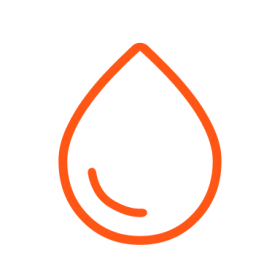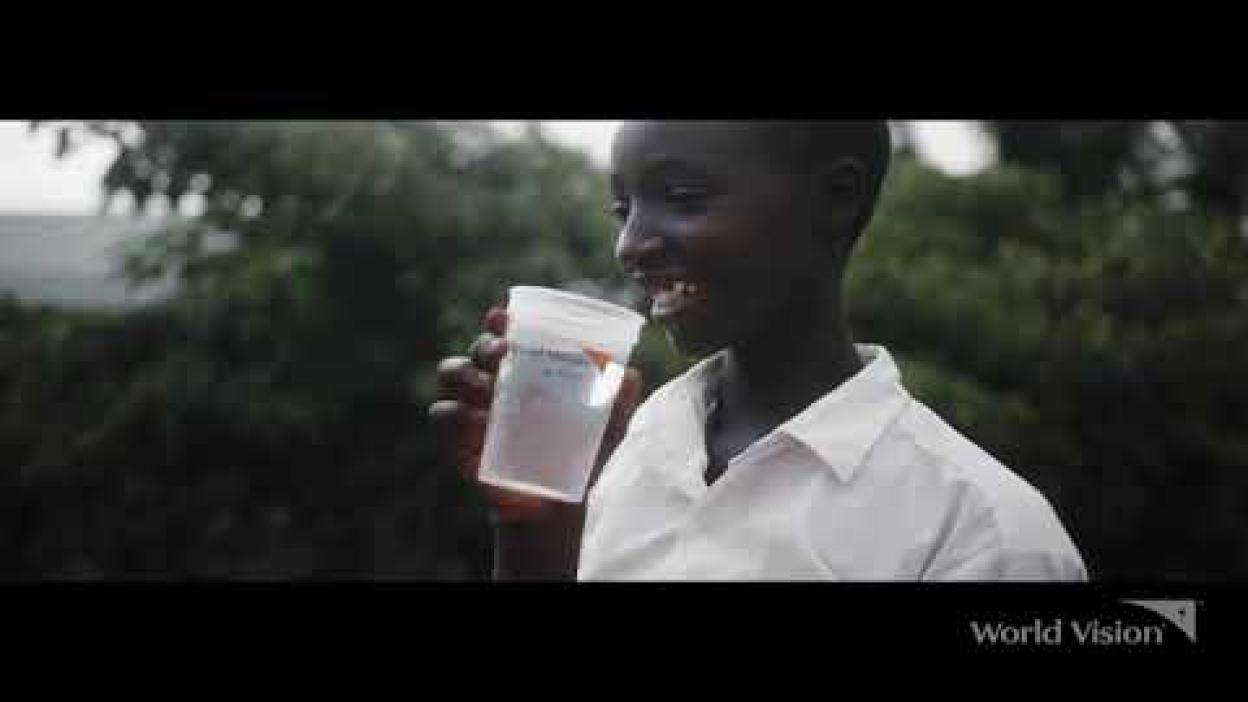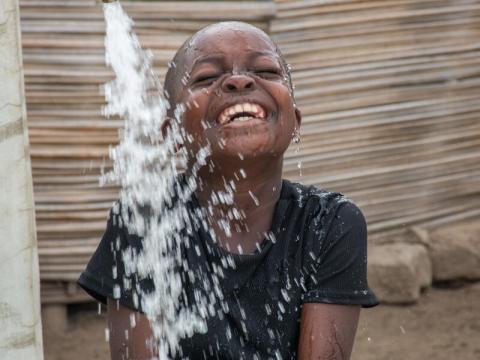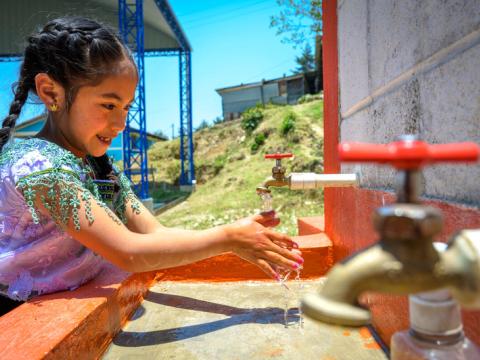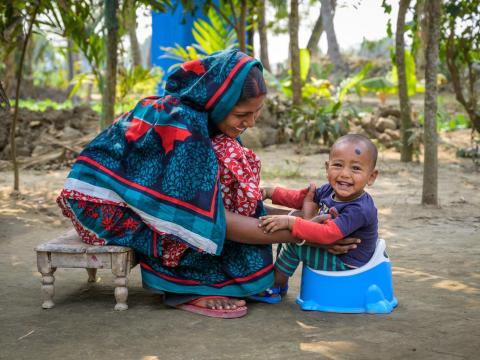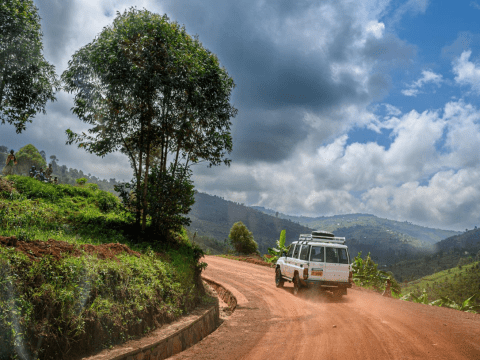Agua Potable
Our Impact
Un mundo donde todos los niños tengan acceso a agua potable
Estamos progresando en más de 50 países en todo el mundo. Nos enfocamos en brindar acceso al agua a las comunidades. Al brindar agua potable y segura a las comunidades se reduce el tiempo necesario para juntar agua, por lo que los niños tienen tiempo de ir a la escuela y los padres, especialmente las madres, tienen tiempo para ganar más dinero para mantener a sus familias. También nos enfocamos en el agua, saneamiento e higiene en los hogares, alentando los comportamientos que mantienen el agua potable, proporcionan baños seguros y otras prácticas para manejar el agua de los hogares y asegurar que todos los miembros de la familia se laven las manos con jabón. Finalmente, nos enfocamos en el saneamiento del agua y la higiene en los centros de atención a la salud y las escuelas, asegurando de que estos lugares tengan acceso a agua potable, baños dignos e instalaciones adecuadas para el lavado de manos. Prestamos especial atención a asegurar que estas instalaciones sean de uso fácil para las necesidades de las mujeres y niñas, y accesibles para las personas con capacidades diferentes.
Hay más por hacer. Casi 800 niños mueren cada año a causa de diarrea causada por agua, saneamiento e higiene inseguros. El mundo ha prometido resolver esto al lograr el acceso universal y equitativo al agua potable, saneamiento e higiene seguros para todos para 2030. Nuestro compromiso para ayudar a que se logre es asegurar el agua potable, saneamiento e higiene para todos, en todos los lugares donde trabajemos, para 2030.
Our Approaches
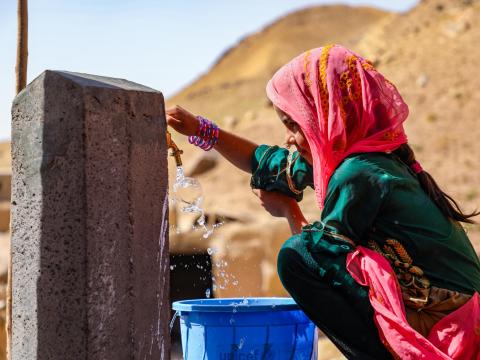
Water
We strive to provide access to clean water as close as possible to households. We build water points in partnership with communities and governments, and we work to ensure that water points are locally managed and maintained. We also emphasise behaviour change interventions so that water is kept safe during collection, transportation, storage and use.
We also provide clean water in schools and healthcare facilities, so that students and staff have access to water they need for drinking and other activities and patients and healthcare staff can wash their hands and keep their facilities and instruments clean to care for their patients and protect themselves.
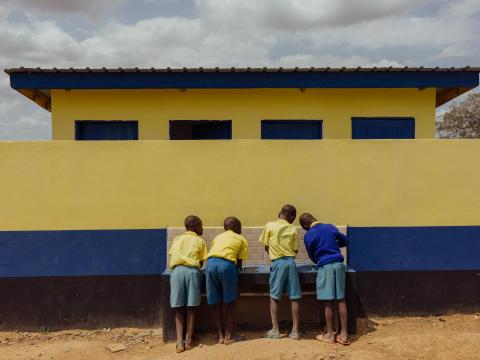
Sanitation
We believe every person should have access to a safe, private and dignifying toilet.
We have scaled up our work in sanitation, focusing on both building the demand for sanitation services and ensuring a sustainable supply of affordable household sanitation products. At schools and healthcare facilities, we provide toilets that meet the specific needs of women and girls and are accessible for people with disabilities.
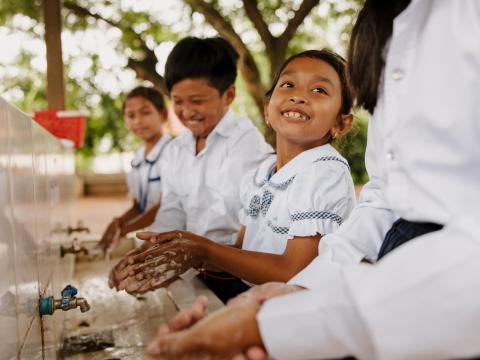
Hygiene
We believe every child should have access to the resources they need to keep themselves and their communities healthy.
We have increased our focus on handwashing including an emphasis on effective behaviour change programming, more durable handwashing products, and access to water close to home, at school and in healthcare facilities.
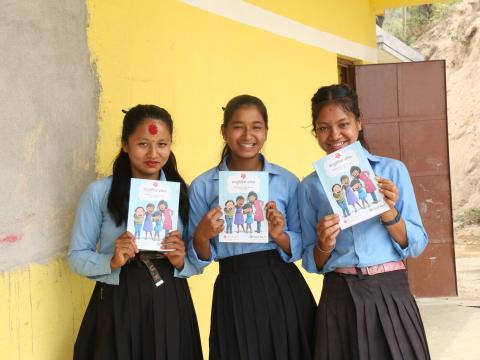
Menstrual Hygiene
We believe all women and girls have the right to menstruate with confidence, with dignity and with support.
Our programmes address all aspects of menstrual health and hygiene including policy and advocacy, timely and accurate knowledge about menstruation, social norms around menstruation, access to safe and affordable menstrual hygiene materials, and access to sanitation and washing facilities.
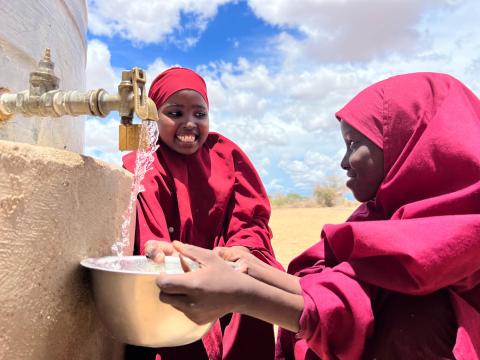
Water, Sanitation and Hygiene in Emergencies
Our approaches vary widely according to the need, culture, context and the nature of the disaster. In the early days of an emergency, we focus on providing immediate, life-saving WASH services in order to ensure survival of the most affected and most vulnerable children, families and communities. In the months following an emergency, we add programme activities that help communities recover and build back stronger than they were before.
We partner with governments, local organisations and the private sector, and our staff also take part in technical working groups along with agencies like UNICEF and UNHCR to ensure our work is coordinated with others on the ground.
